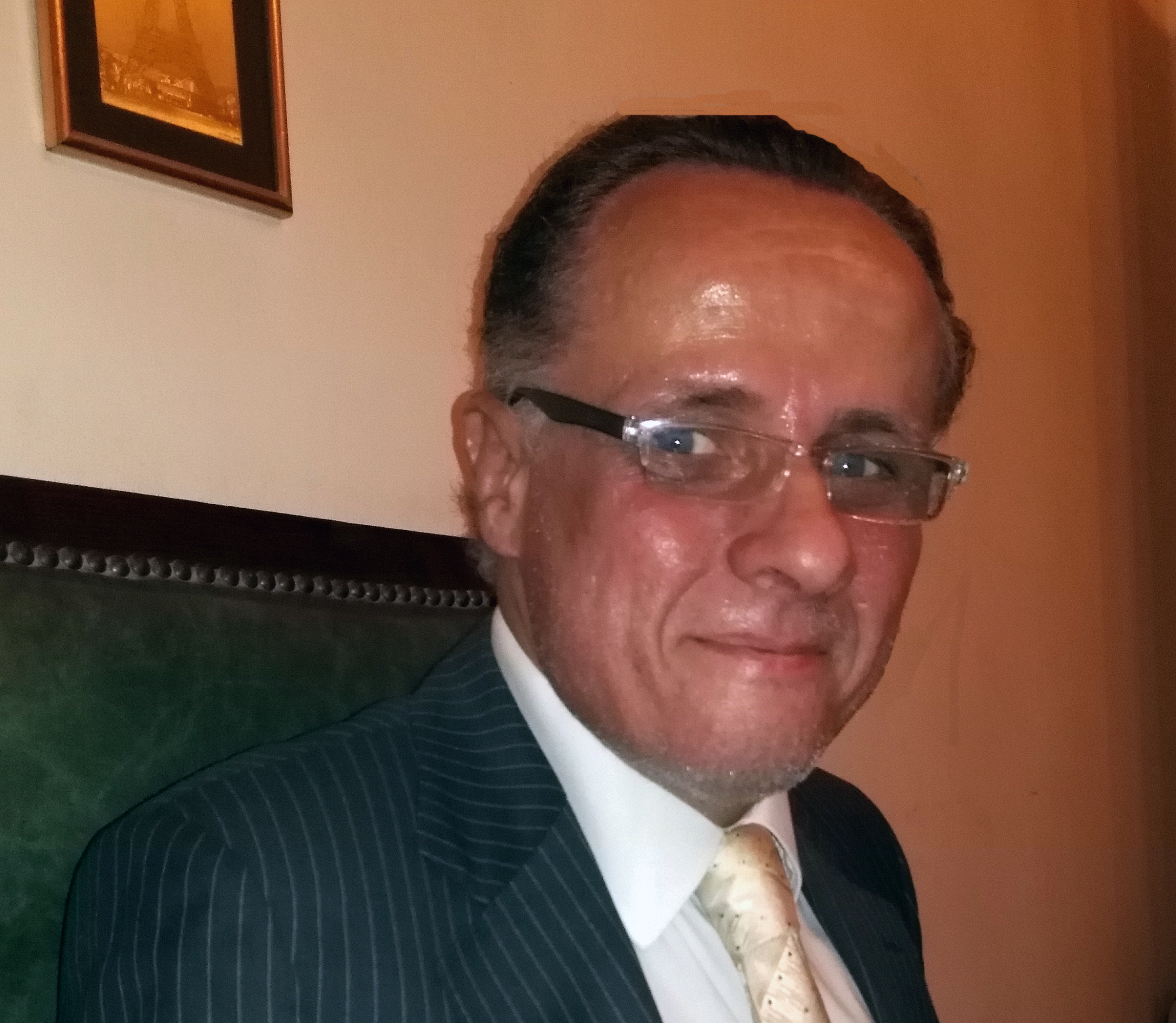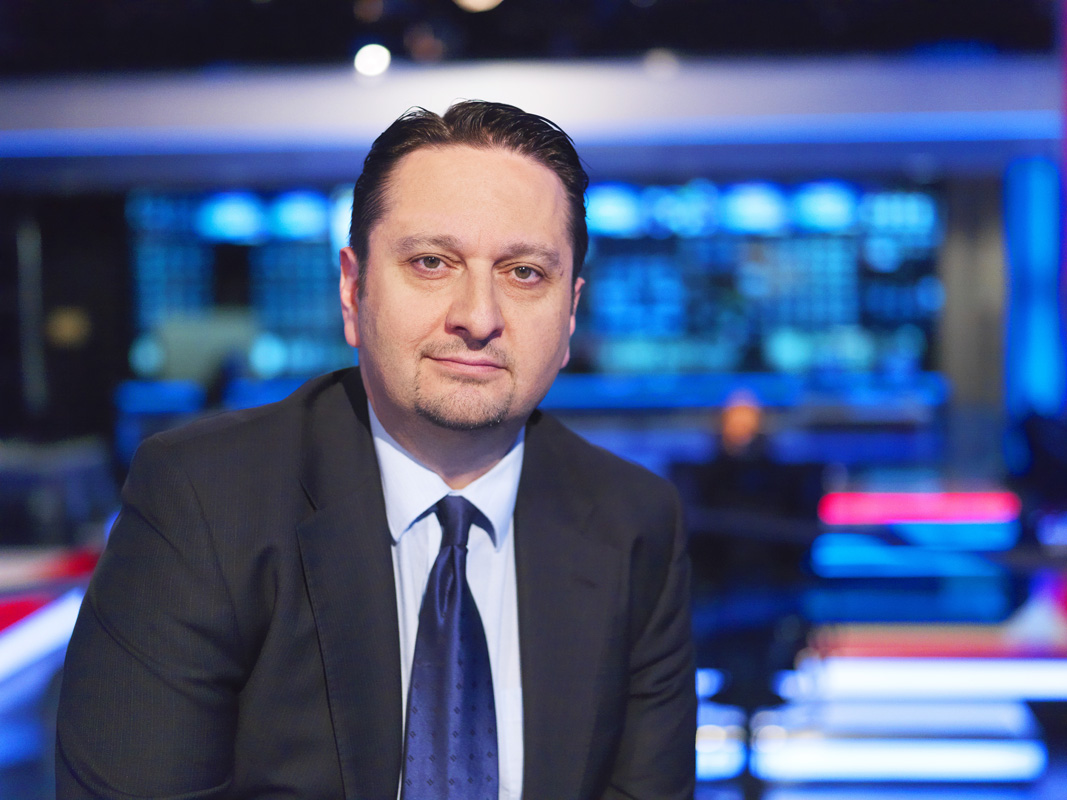When Trump walked into the White House in January 2017, panic spread like a bonfire, not only amongst US liberal circles – whatever their understanding of “liberal” might be – but also all across the globe, from Canada to Europe, Asia, Oceania, Africa, and eventually the Middle East as well.
In American politics there were a fair amount of voices who expressed ingenious thoughts about how to circumvent due democratic process and block Trump’s path to the presidency. Even I, not being exactly qualified to head the “Donald Trump Fan Club” to say the least, perceived these attempts as a pathetic performance by a group of actors who were unable to get the roles they wanted in the recent Steven Spielberg movie.
Yes, personally I am not at all fond of Donald Trump sitting in the Oval Office but then again, reducing whatever he has of political abilities and governing qualities to his poor rhetoric – which it is indeed as also his fiercest supporters can hardly deny – and to a blunt language that doesn’t reflect the standard ‘Harvard’ manner of expression, is also far from being the best of ideas.

However, two years into the Trump presidency his critics by now will have to admit that almost nothing of what they have initially feared came true. He certainly did not ruin America’s economy by running the country in the way one should only run a company as many were predicting, to the contrary, business in the US is flourishing as it never did for as long as I can remember, better even than in the Reagan-era. Growth rates are peaking and if it were not for inflation adjustment, which is a very questionable approach to begin with, they would be even higher and tax cuts are actually yielding results. True, on the long term the radical deregulation policy the Trump administration implements might create chaos in the markets at some point and could as well support the creation of monopolies in certain industries, but there is still plenty of time to avoid that scenario even if Trump is not re-elected.
Additionally, what many refer to as inciting trade wars against Europe, China and even partners within North America are at the end of the day justified attempts by Trump to rectify a rather awkward situation in which many countries have gotten used to exploit unfair trade practices with the United States throughout at least the last two decades with huge trade deficits being just one expression of such. Apparently, they did it for so long by now, that they became to see it as a birth right. As non-Americans, of course we do not like that, but at the end of the day, Donald Trump is the President of the United States of America and has the obligation to put the interests of the American people above all other considerations. Objectively speaking “America First” is what he said in his campaign and that exactly is what he is doing in his presidency, like it or not.
Personally, I can no longer see any signs of Trump inventing a 21st century version of good old fascism as it was declared in many hysterical statements after election results were confirmed.
Naturally, ideas like building a wall along the US – Mexican border were not exactly the brightest of ideas, but it had a rationale – though pretty naïve – and can hardly be described as fascism. American democracy still works the same way it always did, and if there are any shortcomings then rest assured that they have always been there. Democracy is not perfect anywhere in the world, why does it have to be in the US?
Even the very controversial appointment of Supreme Court Justice Brett Kavanaugh—think about him what you may—followed strict democratic guidelines and adhered to each and every tiny little detail in the “rule of law”.
For people in the Middle East, nothing has really changed that much. Trade disputes with Europe or China do not reflect on the region’s countries and even the renewal of sanctions against Iran have little to no effect on the area’s nations since trade relations with Iran were almost non-existent anyway ever since the Iranian revolution back in 1978, which is 40 years ago.
US involvement in Syria, as disturbing as it sometimes might be, is also nothing the Trump administration has come up with out of thin air. As a matter of fact, the exact same scenario would have occurred under any other administration given the role Russia is trying to play.
Once again, one might disagree with Trump’s policies on the issue, but they are not very much different from what a government led by Democrats would have done.
The Jamal Khashoggi incident has also shown that Trump is a practical and pragmatic man. He understands that US-Saudi relations are vital to both sides. Crude oil supplies from the Middle Eastern kingdom and their arms purchases are an important part of the American economy and Washington’s support in the regional power struggle with Iran is much needed in Riyadh. Trump just says it more frankly and more straightforward than other presidents would have, and maybe that is not diplomatic, nor does it carry much morality, but at least it is honest and realistic.
As a man who has a very clear stance towards the Middle East conflict and by extension towards Israel also, I resented Trump’s decision to move the US-embassy from Tel Aviv to Jerusalem but then again, Trump knew from the beginning that he could push it through, and that Arab objections will be, as always, limited to fiery statements but with no political or economic consequences whatsoever. Not even the Gulf states would start thinking about selling off the trillions of dollars they own in US debt. Other key countries like Egypt are politically way too vulnerable right now than to risk a diplomatic showdown with the White House.
So, no harm will be done from the Arab side and an improvement of the US-Israeli relations that were seriously damaged by 8 years of Barack Obama was much needed, why then not do it?
Besides, that move – talking about democracy – was practically long overdue as it is in theory the implementation of the so-called “Jerusalem Embassy Act” adopted by both houses of Congress in 1995 and should be gotten over with no later than May 1999. Previous American presidents have indeed been very creative in finding various cover-ups for violating the constitution. Trump did not, that is pretty much it.
Maybe the Trump opposition, regardless of the reasons, would be well advised to start focusing on his really weak points, of which there surely will be many, instead of hoping that their exaggerated nightmares and sad predictions may come true or following yellow press tactics in working against him. That would be doing the job one hell of a lot better.
Mohamed Shirin El Hawary is an expert in political economy



